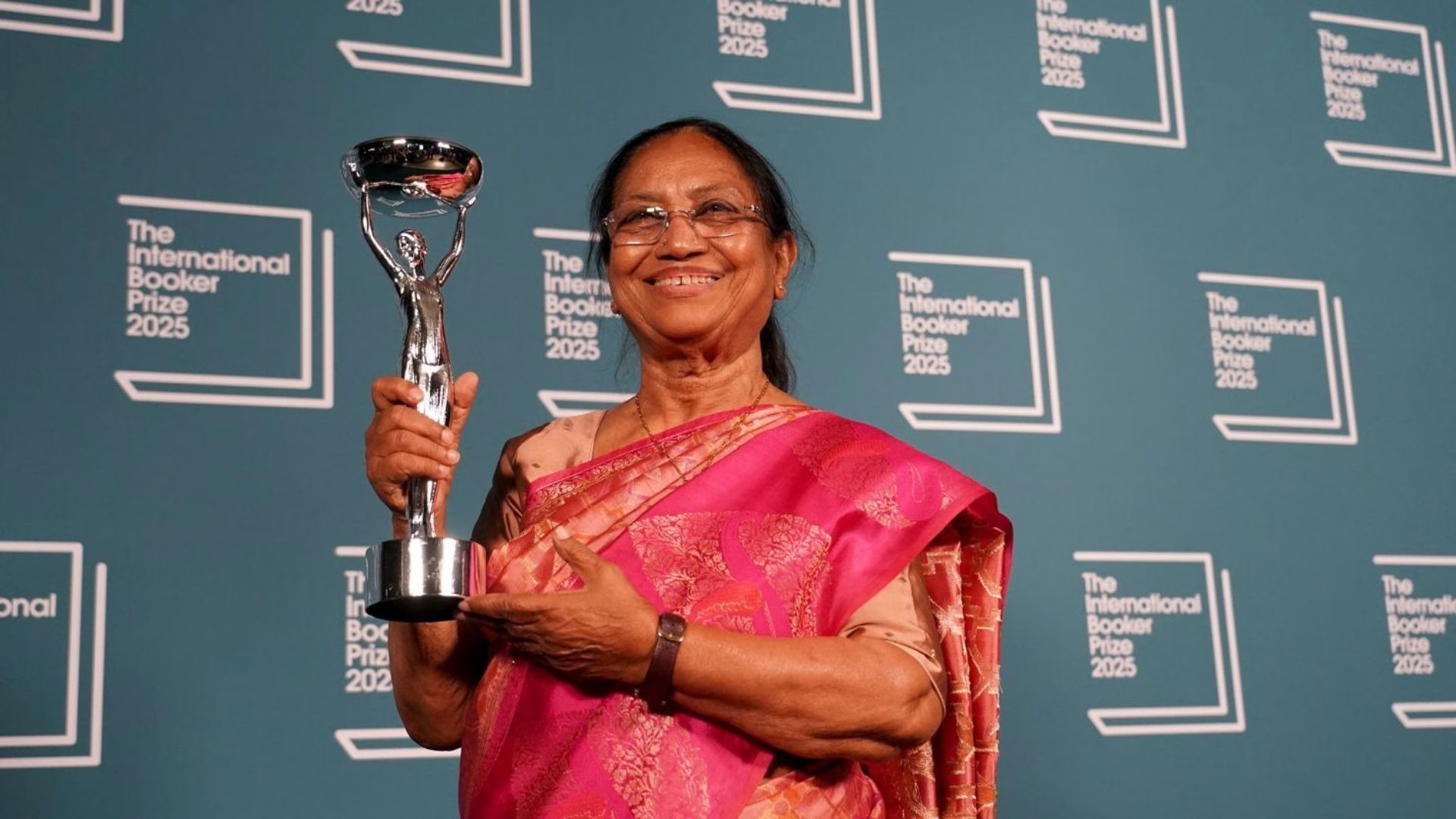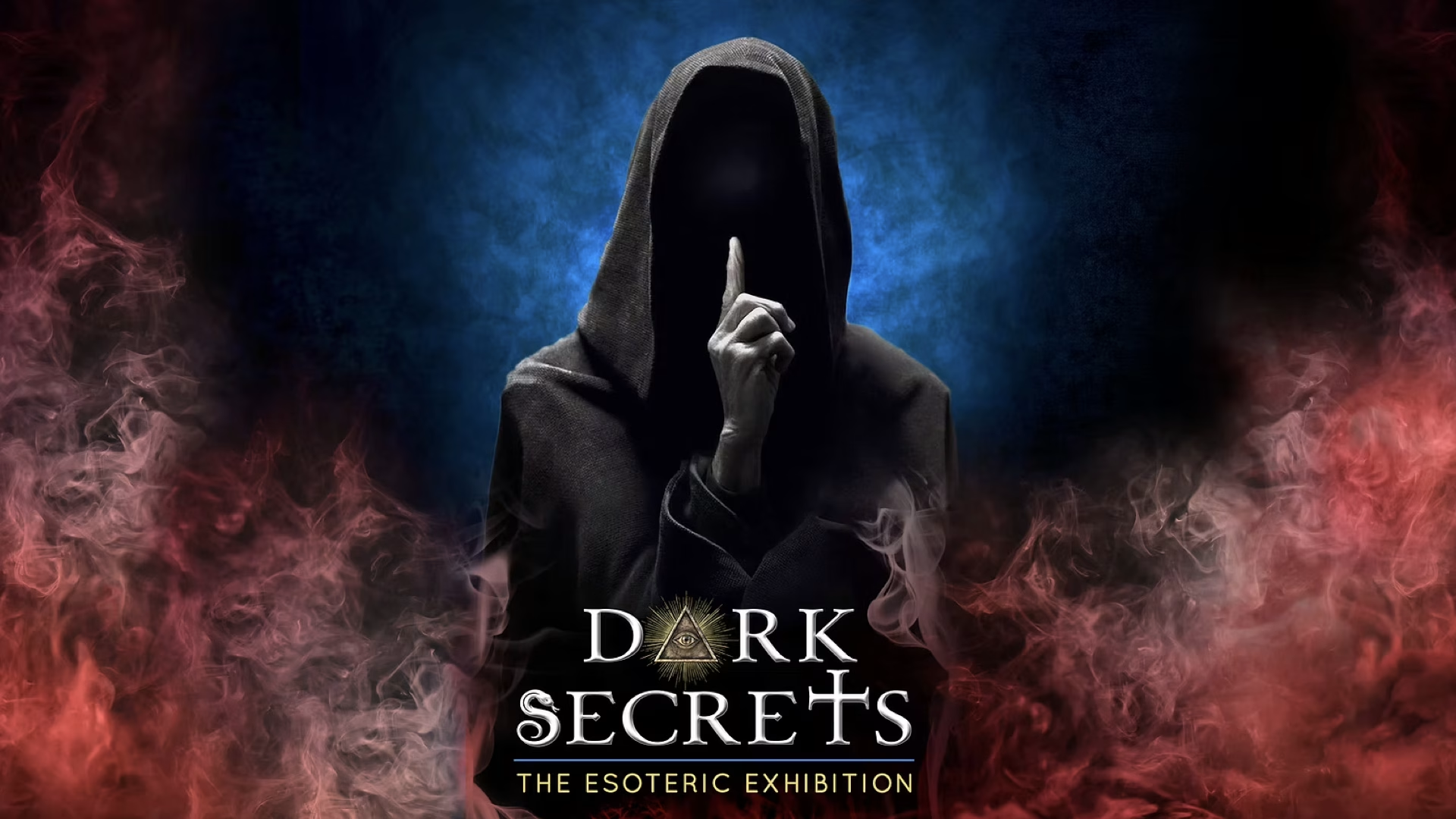“Human nature is fundamentally the same everywhere,” remarks Banu Mushtaq. “That’s the driving force behind my writing. I focus on women, marginalized communities, and giving a voice to those who are unheard.”
Celebrated lawyer and social activist Banu Mushtaq, hailing from Karnataka in southern India, shares her thoughts early one morning after being awarded the International Booker Prize in London for her book *Heart Lamp*—a triumph she shares with her translator Deepa Bhasthi, who is also running on little sleep.
This year marks several milestones for the International Booker: it is the first time a collection of stories has taken the prize, the first honorific title awarded for works in Kannada, and the first book by Mushtaq to be translated into English. At 77, she is also the oldest recipient yet.
Mushtaq, who began publishing stories in 1981, views *Heart Lamp* as just a glimpse into her extensive career. The collection provides a poignant portrayal of the lives of Muslim women in Karnataka, highlighting harrowing experiences such as domestic violence and the grief of losing children. In the final story, one woman expresses relief at having given birth to a boy rather than another girl, stating, “At least we didn’t create another helpless prisoner of life like me.”
When asked if her stories reflect the current situation for women in her region, Mushtaq affirms, “Absolutely. Even today, it often starts at home.”
However, the themes in her stories resonate beyond local confines. For instance, any parent can relate to the struggles of the mother in “Red Lungi,” trying to keep her children engaged during summer holidays. Bhasthi, who lives just 60 miles from Mushtaq’s hometown, explains, “Even though these stories are rooted in a particular community, their essence is universal.”
Mushtaq reveals that her experiences as a lawyer and activist enrich her writing. “These are the fields where I plant the seeds of my stories. When clients come to me with their legal struggles, they share their emotional burdens, which linger with me and eventually transform into narratives.”
Can stories effect change similar to a legal case? “Definitely,” she asserts. “Many people aren’t aware of their rights, and they believe silent suffering is the only option. My stories encourage them to stand up. For instance, in ‘Black Cobras,’ a woman learns that Islam does support women’s education and employment, but certain scholars twist the scriptures for their own gain, reminding her, ‘Don’t beg—demand justice.’”
Mushtaq’s work, while often dark, includes humor. In “A Decision of the Heart,” a man humorously tries to find a new husband for his widowed mother, only to have one suitor chased from town, covered in sewage. Mushtaq notes that humor allows her to speak truthfully without causing offense.
“I adopt this writing style to confront power dynamics transparently,” she explains. “The power structures I challenge are patriarchy, politics, and religion. A serious tone might invite repression, so I add a touch of sarcasm intentionally.” Bhasthi agrees, noting that the underlying theme is one of women being controlled by men, even when veiled in humor.
Mushtaq is influenced by Bandaya Sahitya, a potent protest literature movement from the 1970s that strove to amplify voices from underrepresented communities. As Mushtaq describes, “The movement opened doors for the downtrodden and marginalized to express themselves.”
While her work has resonated with audiences in India—“My literature speaks for the people,” she insists—her frankness has led to controversy. In 2000, she faced a fatwa for asserting that “Islam has never barred women from mosques; rather, patriarchal interpretations do.”
Though the fatwa was lifted after three months, it deeply affected her. “Now, thankfully,” she notes, “women are being allowed to pray in mosques.”
Mushtaq sees progress for women and minorities in India, particularly in education, but acknowledges ongoing challenges rooted in patriarchy. “Issues still arise, especially when inter-community marriages are involved.”
Bhasthi adds, “Yes, things are better than before, but there remains a long journey ahead.”













